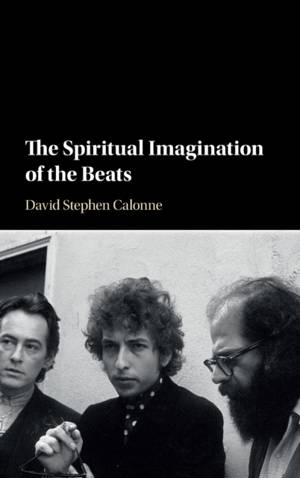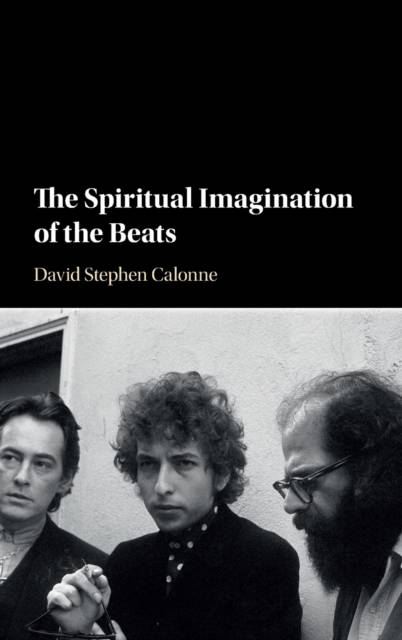
- Afhalen na 1 uur in een winkel met voorraad
- Gratis thuislevering in België vanaf € 30
- Ruim aanbod met 7 miljoen producten
- Afhalen na 1 uur in een winkel met voorraad
- Gratis thuislevering in België vanaf € 30
- Ruim aanbod met 7 miljoen producten
Zoeken
€ 183,45
+ 366 punten
Omschrijving
The Spiritual Imagination of the Beats is the first comprehensive study to explore the role of esoteric, occult, alchemical, shamanistic, mystical and magical traditions in the work of eleven major Beat authors. The opening chapter discusses Kenneth Rexroth and Robert Duncan as predecessors and important influences on the spiritual orientation of the Beats. David Stephen Calonne draws comparisons throughout the book between various approaches individual Beat writers took regarding sacred experience - for example, Burroughs had significant objections to Buddhist philosophy, while Allen Ginsberg and Jack Kerouac both devoted considerable time to studying Buddhist history and texts. This book also focuses on authors who have traditionally been neglected in Beat Studies - Diane di Prima, Bob Kaufman, Philip Lamantia and Philip Whalen. In addition, several understudied work such as Gregory Corso's 'The Geometric Poem' - inspired by Corso's deep engagement with ancient Egyptian thought - are given close attention. Calonne introduces important themes from the history of heterodoxy - from Gnosticism, Manicheanism and Ismailism to Theosophy and Tarot - and demonstrates how inextricably these ideas shaped the Beat literary imagination.
Specificaties
Betrokkenen
- Auteur(s):
- Uitgeverij:
Inhoud
- Aantal bladzijden:
- 244
- Taal:
- Engels
Eigenschappen
- Productcode (EAN):
- 9781108416450
- Verschijningsdatum:
- 17/08/2017
- Uitvoering:
- Hardcover
- Formaat:
- Genaaid
- Afmetingen:
- 163 mm x 241 mm
- Gewicht:
- 476 g

Alleen bij Standaard Boekhandel
+ 366 punten op je klantenkaart van Standaard Boekhandel
Beoordelingen
We publiceren alleen reviews die voldoen aan de voorwaarden voor reviews. Bekijk onze voorwaarden voor reviews.








